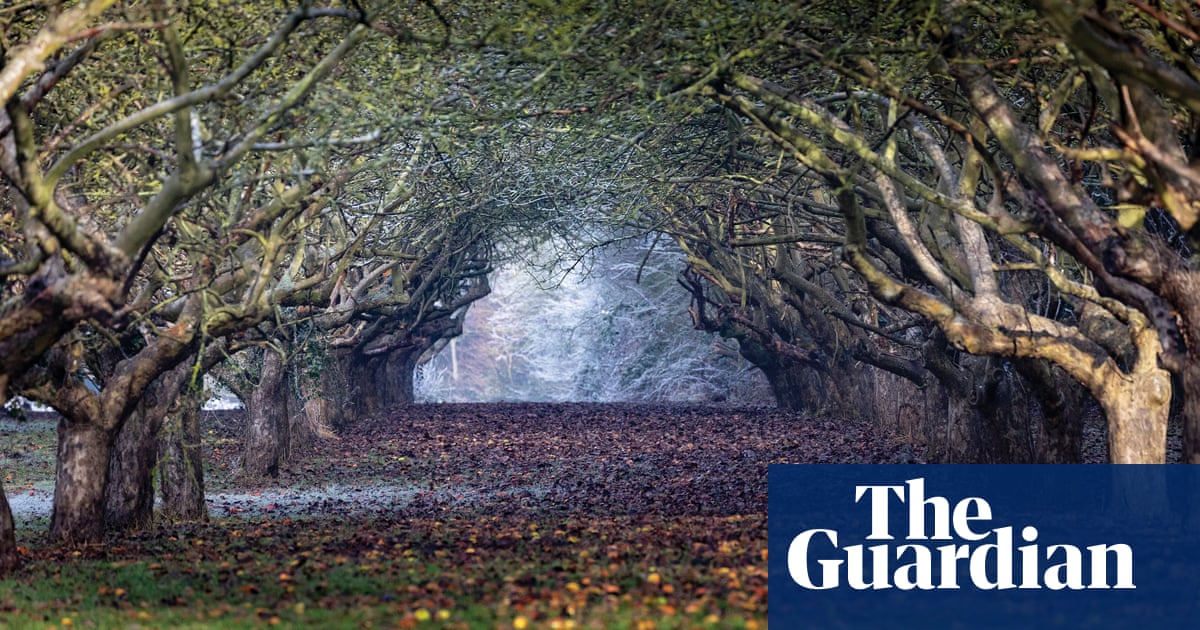
Graves could be reused and closed burial grounds reopened under proposals aimed at tackling a lack of space for the dead.
The Law Commission has suggested that cemeteries that have been declared full could be reused for new burials. The proposal is part of a public consultation by the commission on updating 170-year-old burial laws in England and Wales.
The commission has warned that urban areas are fast running out of burial space, with many cemeteries already full.
Proposed changes would allow burial grounds to reuse graves, but only after public consultation and government approval.
Safeguards would also be in place for each individual grave, with plots only eligible for reuse when the last person was buried at least 75 years ago.
A separate public consultation is considering the timeframes around grave reuse, and what would happen if family members objected.
Prof Nick Hopkins, the commissioner for property, family and trust law, said any change would need to be considered in consultation with the public.
He said: “We’re very keen to ensure that there are proper safeguards in place so that where graves are reused that is done in a way that is sensitive. And in a way that has the public’s support, and is not done against the wishes of relatives of the person buried.”
He added: “Our proposals provide a significant opportunity to reform burial and cremation law and secure burial space for future generations.”
Current legislation makes it illegal to redevelop a graveyard for any reason other than to develop a place of worship.
Other publicly run cemeteries can be redeveloped if the owner is granted an act of parliament.
Alex Davies-Jones, a junior justice minister, said the government was awaiting the commission’s recommendations “with interest”.
Dr Julie Rugg, an expert on burial reform from the University of York, said changes were “absolutely necessary”.
Speaking to BBC Radio 4’s Today programme, she said: “Our system isn’t working, and is actually threatening our funeral heritage [and] the Victorian cemeteries we love so much. We’re running out of space.”
She added: “A lot of people don’t really have an issue with this. I don’t think anybody would anticipate that their grave would never be touched again. It’s just not reasonable.”
She cited a recent University of York survey of 1,600 people which found that the majority anticipated that graves would be reused after 100 years.
Giles Fraser, vicar of St Anne’s Church in Kew, west London, said he felt “very conflicted” about the issue.
He said: “I have a graveyard that’s full. I have a mausoleum that’s full. There’s no space. But I’m also aware that the dead protect these open spaces for the living. I’d be very, very nervous about reusing things to build on them. This is not what’s being proposed, but this is going in that direction.”
Fraser added: “It’s an extraordinary administrative nightmare just to move a gravestone. You may not be able to contact the relatives, but relatives may well have quite strong feelings about their loved ones with the expectation this is where they had been laid to rest.”












